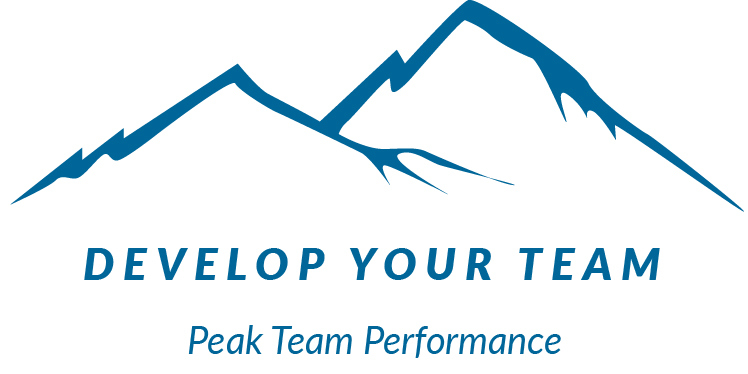Yesterday I stopped in at a local chain store to pick up a couple of things. While browsing the shelves, I overheard two employees talking. One of them said, “Remember that question about having a best friend at work – you’re my best friend!” My immediate thought was that they must have recently taken some kind of employee engagement or opinion survey, as one area that’s been shown to influence engagement and job satisfaction is the quality of peer interactions (Harter, Schmidt, Agrawal, & Plowman, 2013; MacLeod & Clarke, 2009).
When paying for my purchase a little while later, I realized what a pleasant experience I’d had shopping at that store. The employees were friendly, helpful, and efficient. No scowling, heavy sighs, or customer-avoidance – those things customers sometimes experience when employees just don’t want to be there. I didn’t give it any more thought at the time, but later connected the dots between these pieces. It’s anecdotal, yes. But here, in a common, everyday interaction, I’d experienced the benefit of doing business with a company that cares about engagement and creates an environment that fosters it.
As I mentioned in an earlier post, research has shown that interpersonal bonds are one of the keys to engagement in the workplace (Fisher, 2013; Tuckman, 1965). While friendships at work have not always been encouraged or even tolerated, those attitudes are (thankfully) changing today. The myth that friendships interfere with getting things done is evaporating – and is rapidly being replaced with a recognition of and appreciation for the value of interpersonal relationships in generating and enhancing group functionality.
Think about a time you’ve been extremely productive at work. How did your interpersonal relationships (dare I say “friendships”?) fit into the picture?
References:
Fisher, D. M. (2013, November 4). Distinguishing between taskwork and teamwork planning in teams: Relations with coordination and interpersonal process. Journal of Applied Psychology, 1-15. http://dx.doi.org/10.1037/a0034625
Harter, J. K., Schmidt, F. L., Agrawal, S., & Plowman, S. K. (2013). The relationship between engagement at work and organizational outcomes (2012 Q12). Retrieved from Gallup website: www.gallup.com
MacLeod, D., & Clarke, N. (2009). Engaging for success: Enhancing performance through employee engagement. Retrieved from Department for business innovation & skills: http://www.bis.gov.uk/files/file52215.pdf
Tuckman, B. W. (1965). Developmental sequence in small groups. Psychological bulletin, 63, 384-399. http://dx.doi.org/10.1037/h0022100
